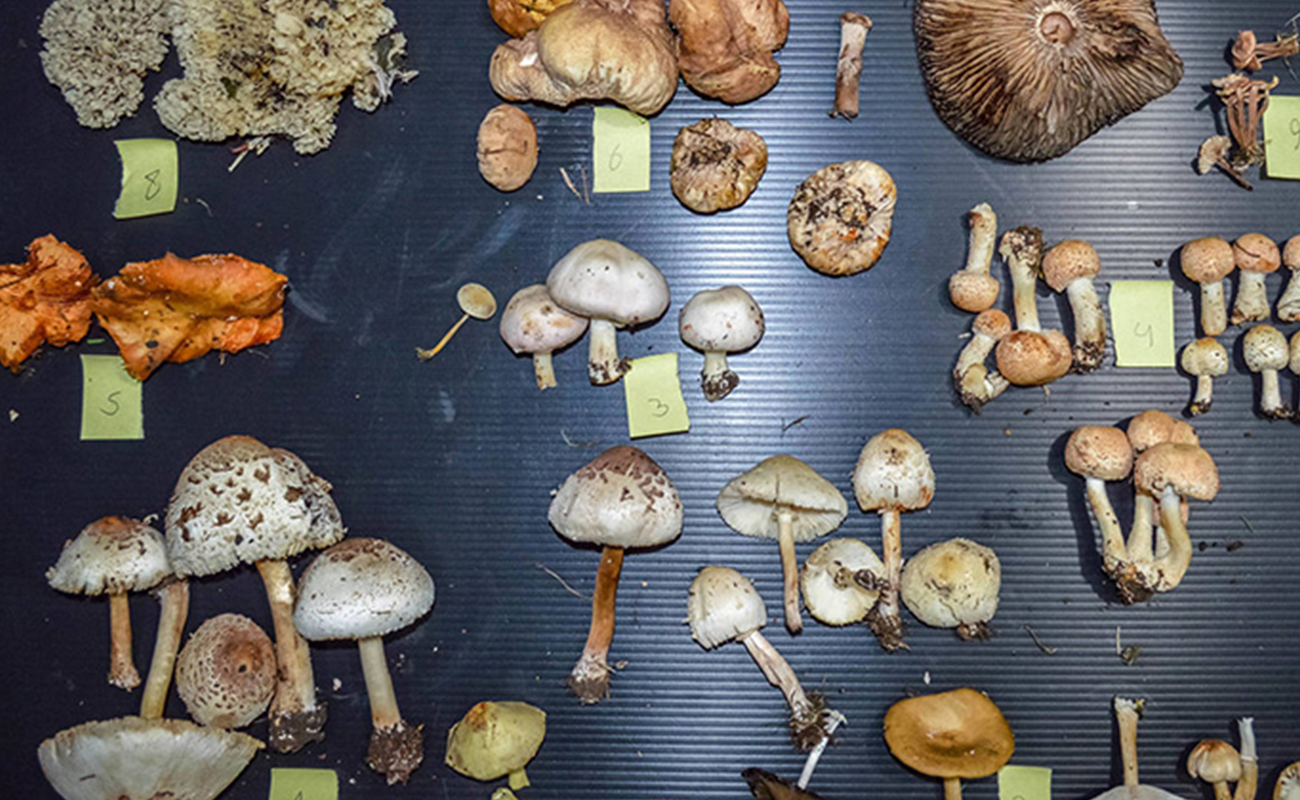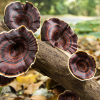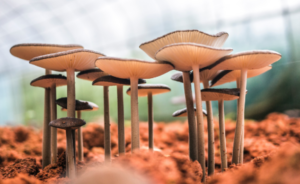Mushrooms, with their diverse shapes, colors, and flavors, have enchanted both culinary enthusiasts and those seeking natural remedies. However, it’s crucial to recognize that not all mushrooms are created equal when it comes to their effects on the human body. In this article, we’ll delve into the importance of understanding the effects of different mushroom types before consumption. By being well-informed, you can make informed choices and ensure a safe and enjoyable mushroom experience.
Mushrooms are nature’s chemists. They are intricate organisms that produce a wide range of bioactive compounds. These compounds can vary significantly between mushroom species and even within the same species based on factors such as growing conditions and maturity. Understanding the effects of mushrooms requires considering various factors, including psychoactive compounds, medicinal properties, and potential allergic reactions.
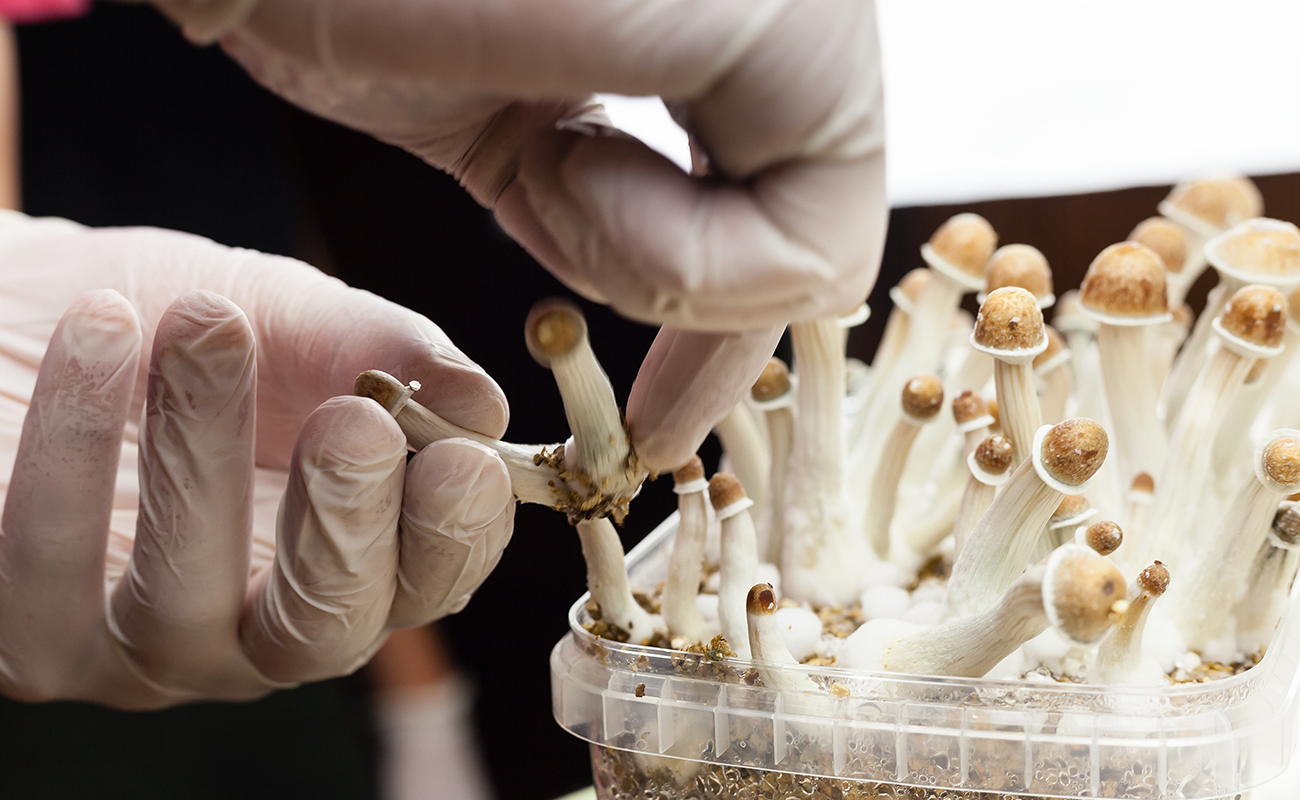
Many mushrooms have been traditionally used in various forms of medicine, including traditional Chinese medicine and Ayurveda. These medicinal mushrooms, such as reishi, lion’s mane, and chaga, contain bioactive compounds that are believed to offer therapeutic benefits. For instance, reishi mushrooms are renowned for their immune-boosting properties, while lion’s mane mushrooms are thought to support cognitive health. However, it’s crucial to consult with a healthcare professional before incorporating medicinal mushrooms into your routine, as they may interact with medications or have specific contraindications.
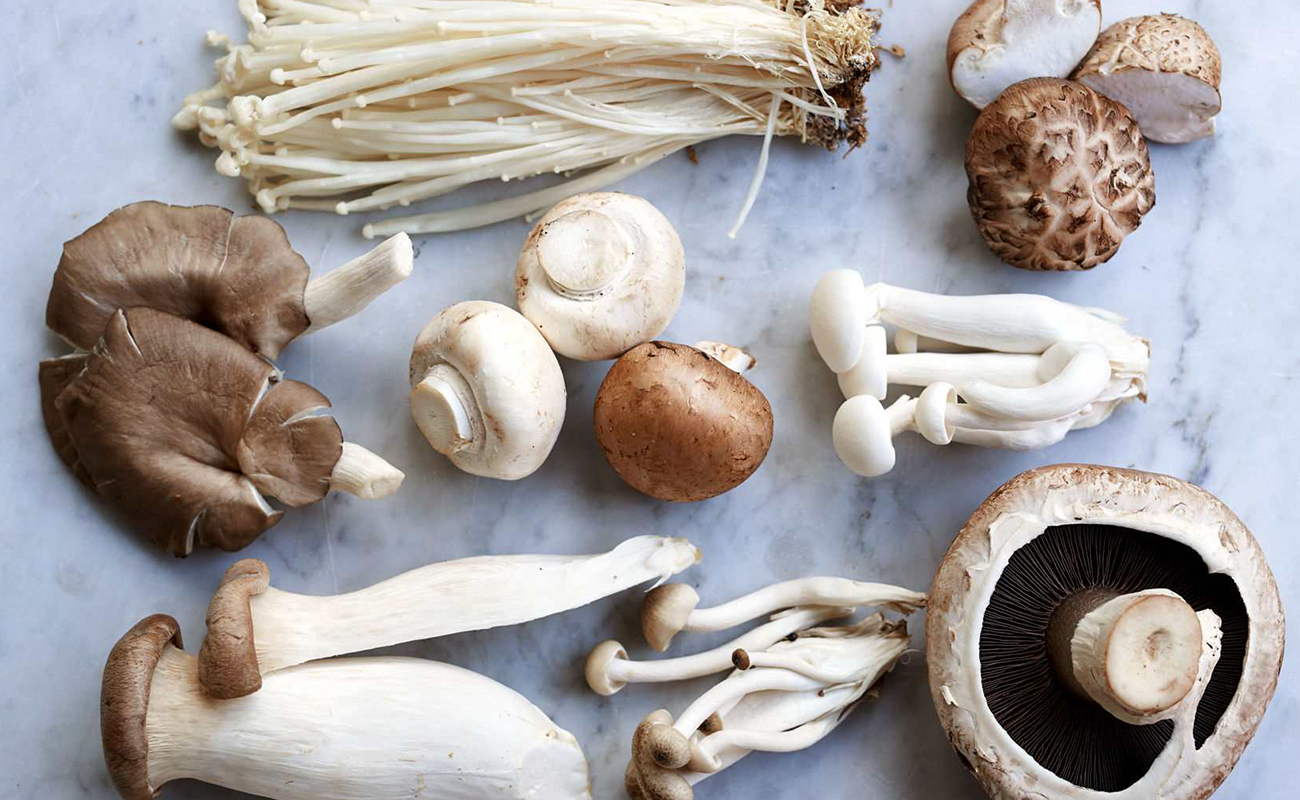
While mushrooms are generally safe for consumption, some individuals may have allergies or sensitivities to certain mushroom species. Allergic reactions can range from mild symptoms, such as itching and rash, to severe allergic responses. It’s essential to exercise caution when trying new mushroom varieties and to start with small quantities if you have not consumed them before. If you suspect an allergic reaction, seek medical attention promptly.
[/mark] Certain mushroom species contain psychoactive compounds that can induce altered states of consciousness. The most well-known example is the psilocybin-containing mushrooms, often referred to as “magic mushrooms.” Psilocybin is a naturally occurring compound that can cause hallucinogenic effects when ingested. It’s important to note that the use of psychoactive mushrooms should be approached with caution and respect. These mushrooms may have profound psychological effects and should only be consumed in controlled and safe environments.
To ensure a safe and enjoyable experience with mushrooms, education and responsible use are key. Here are some important guidelines:
- Research: Take the time to learn about the specific mushroom species you plan to consume. Understand their effects, potential risks, and any contraindications based on your individual health and medications.
- Reliable Sources: Obtain mushrooms from reputable sources to ensure quality and proper identification. If you are foraging wild mushrooms, do so under the guidance of an experienced mycologist to avoid misidentification.
- Dosage: Follow recommended dosage guidelines for the specific mushroom type you are consuming. Different mushrooms have varying potencies, so it’s crucial to start with a low dose and gradually increase if desired.
Mushrooms are incredibly diverse organisms with a wide array of effects on the human body. From psychoactive compounds to medicinal properties and potential allergic reactions, it’s essential to have a thorough understanding of the specific mushroom types before consumption. By being well-informed, you can make responsible choices that prioritize your safety and well-being. So, embrace the wonders of mushrooms, continue to learn, and let their remarkable diversity enhance your life in the most positive and enriching ways.

